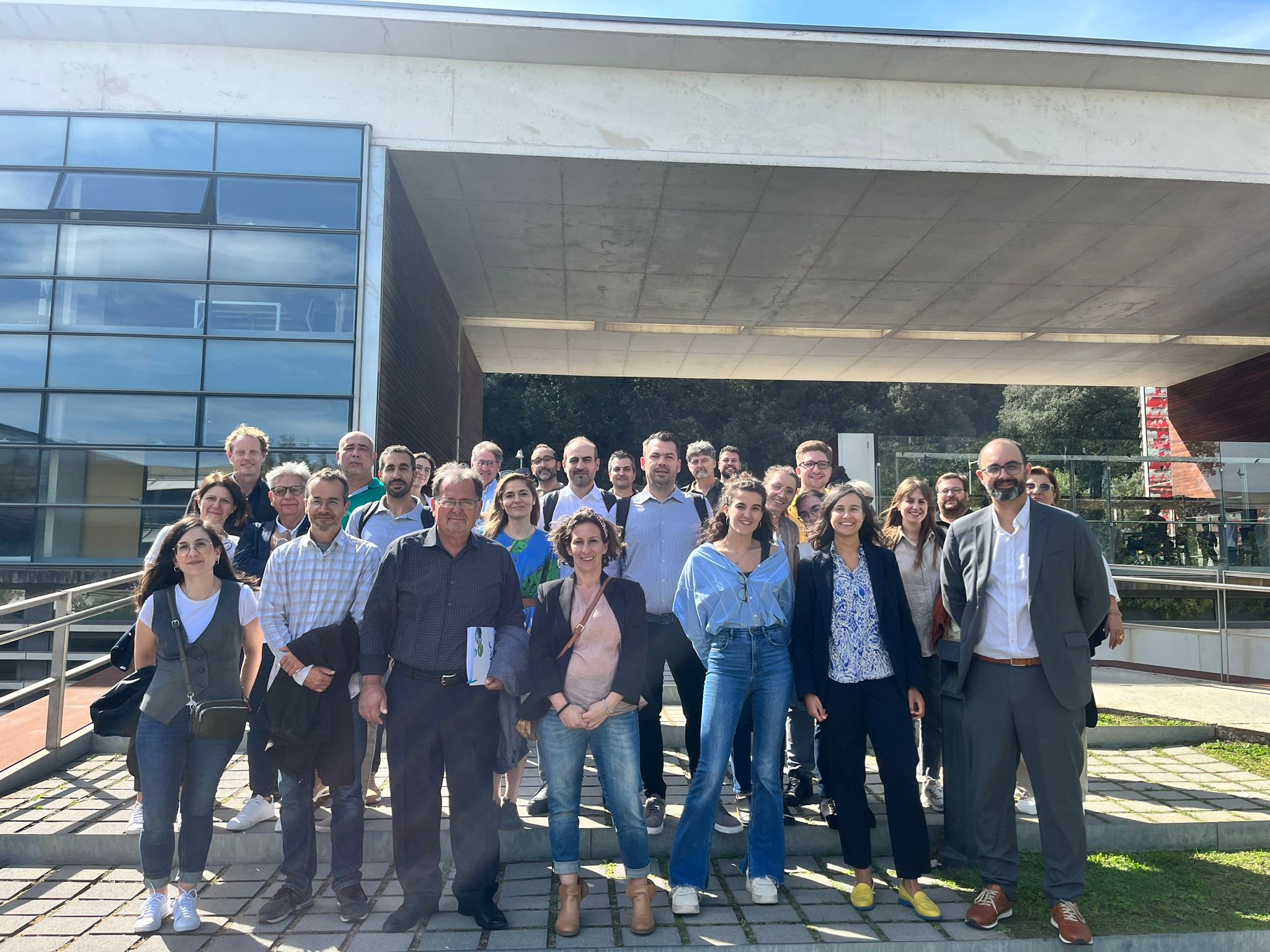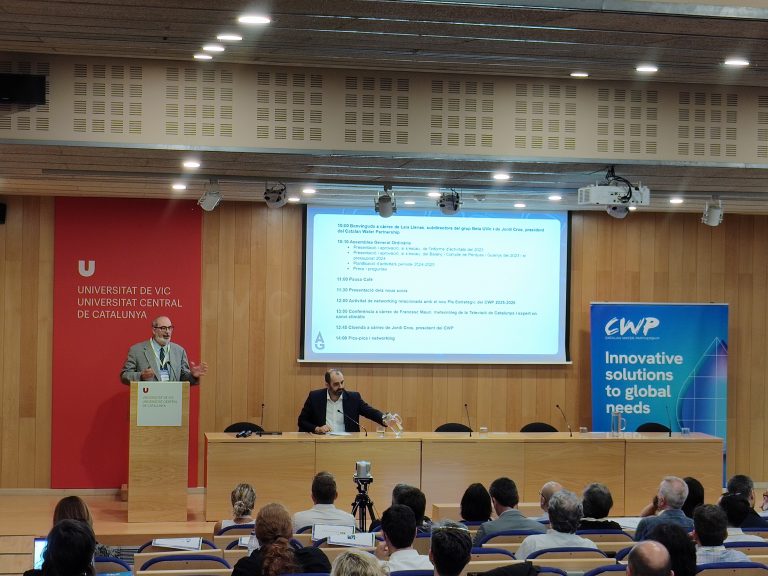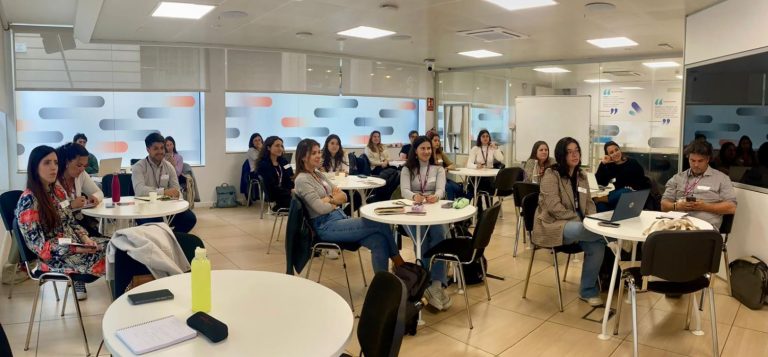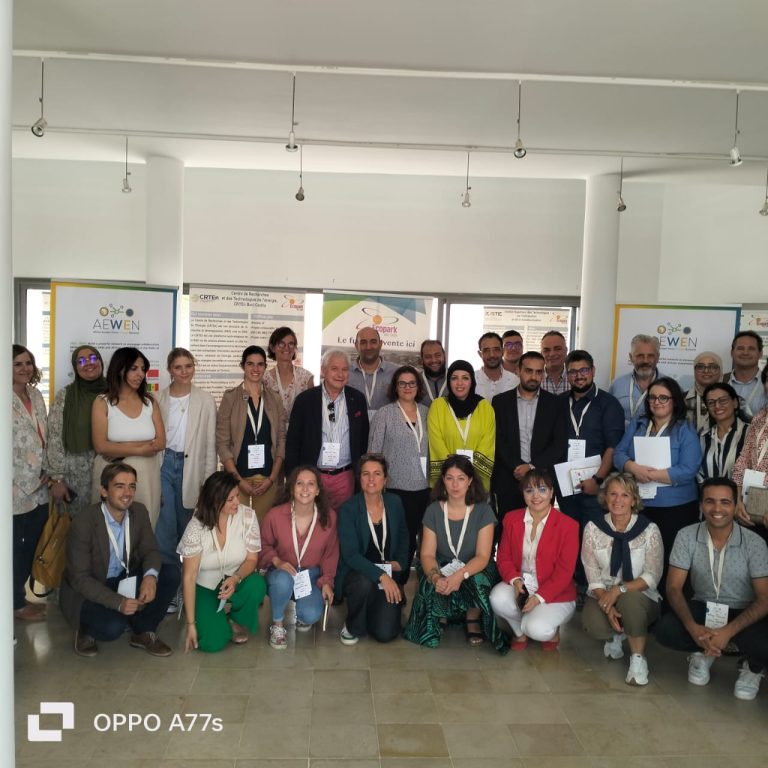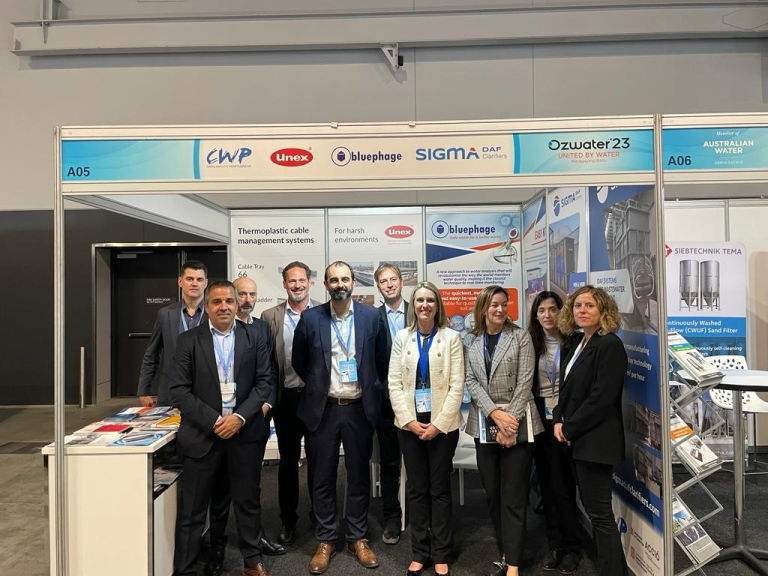The CWP leads the AquaLoops4Med project to promote innovation in circular water management in the Mediterranean agri-food sector
Euro-Mediterranean countries are increasingly affected by climate change, with droughts and flash floods becoming more frequent and intense. At the same time, agrifood systems, which account for more than 15% of GDP, are the main consumers of water in the region.
In this context, the AquaLoops4Med project aims to address the challenges of water management in the agri-food sector in the Mediterranean area. It does so by promoting the transition to a circular economy through interregional collaboration, investments in SMEs and the exchange of knowledge through the quadruple helix (public administration, business, academia and civil society).
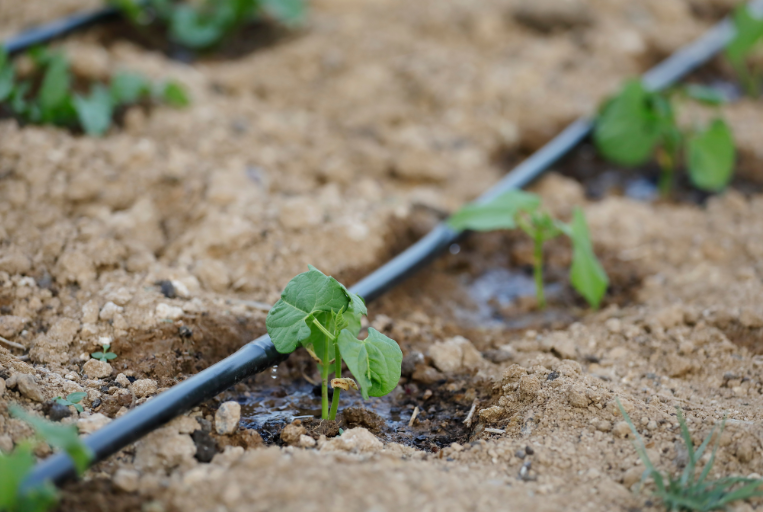
The project, co-funded by the European Interregional Innovation Investment (I3) programme in the 2023 call, is led by the Catalan Water Partnership (CWP) and has the participation of 13 partners from four European regions: Catalonia (Spain), Basilicata (Italy), Attica and Thessaly (Greece). In Catalonia, the participating partners are Aeris, WE&B, ICRA and IRTA.
Participants will network to test and demonstrate innovative technologies that promote circular and sustainable water use. In this sense, two pilot projects will be developed located in Italy and Greece. In addition, two calls will be launched with a cascade financing mechanism aimed at supporting Catalan, Italian and Greek SMEs in the water sector for the development of innovative solutions in water management applied to the agri-food sector.
The kick-off meeting of the project took place in Girona on 1 and 2 October. During the meeting, representatives of the Department of Agriculture, Livestock, Fisheries and Food of the Government of Catalonia presented the Catalan regional innovation ecosystem related to the field of water. The meeting ended with a guided tour of the ICRA facilities. With a total budget of €3.6 million and an expected duration of three years, AquaLoops4Med will contribute to strengthening innovation ecosystems and boosting the competitiveness of participating regions through collaboration and innovation in water management technologies and with the aim of a significant impact on small and medium-sized enterprises in the region.
